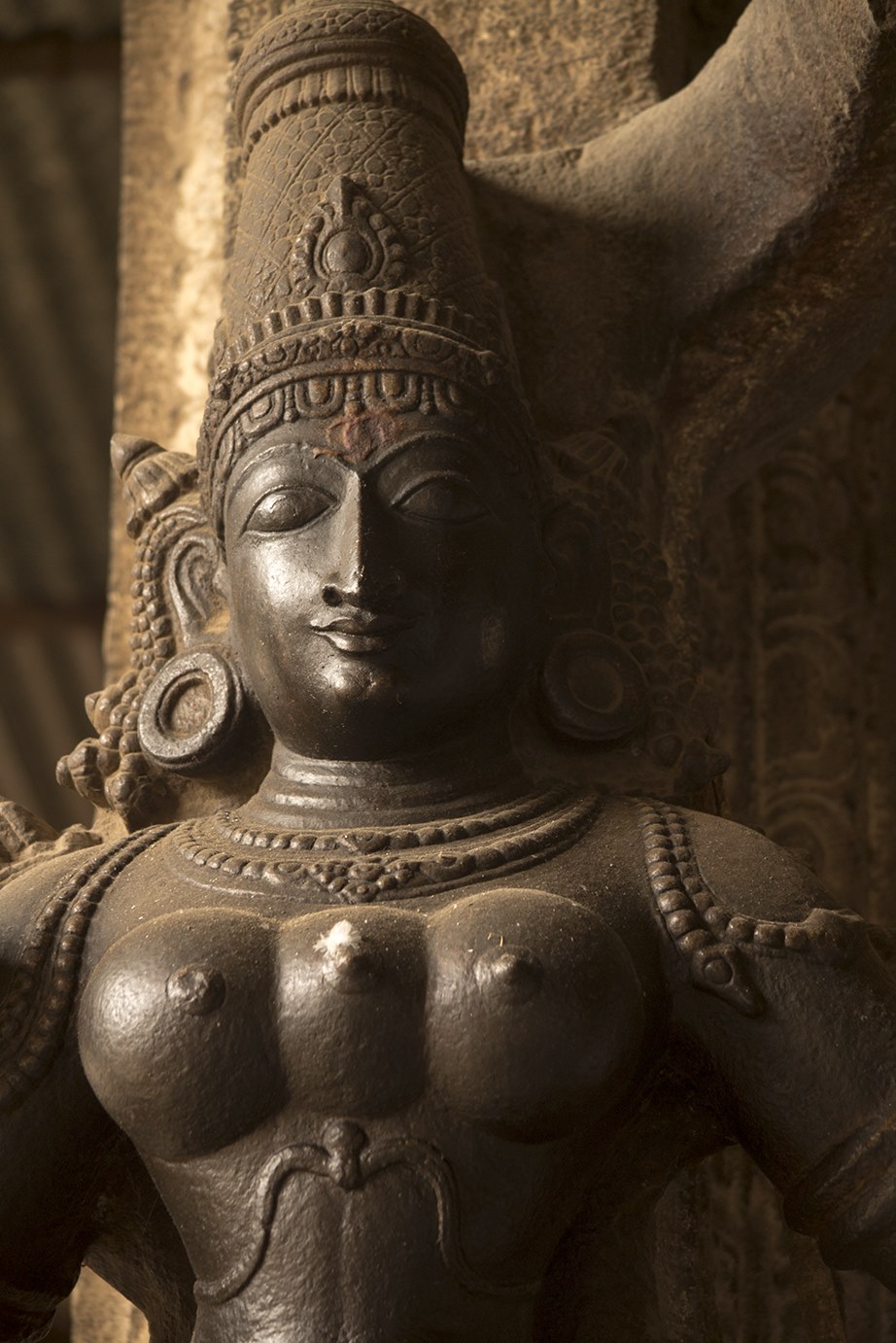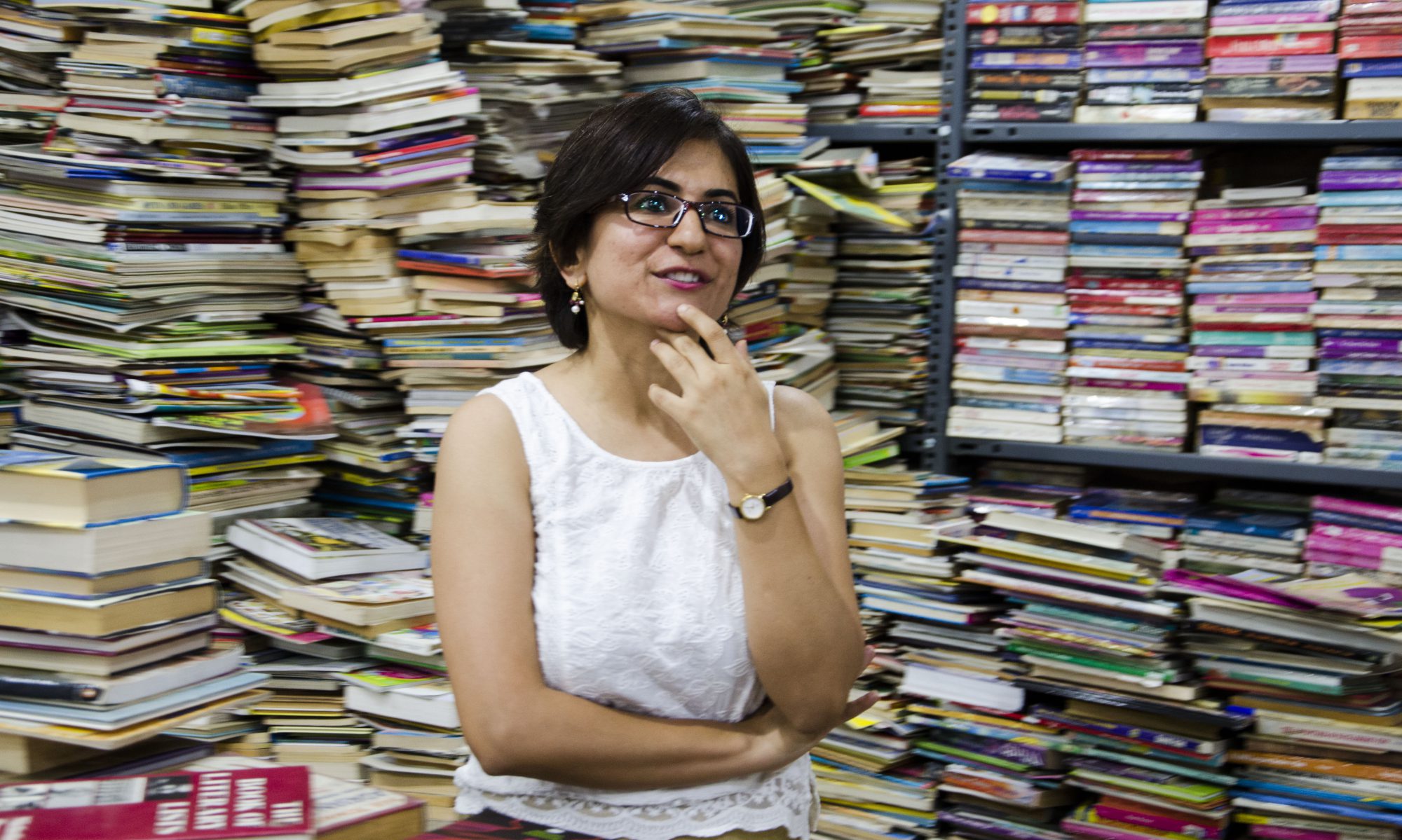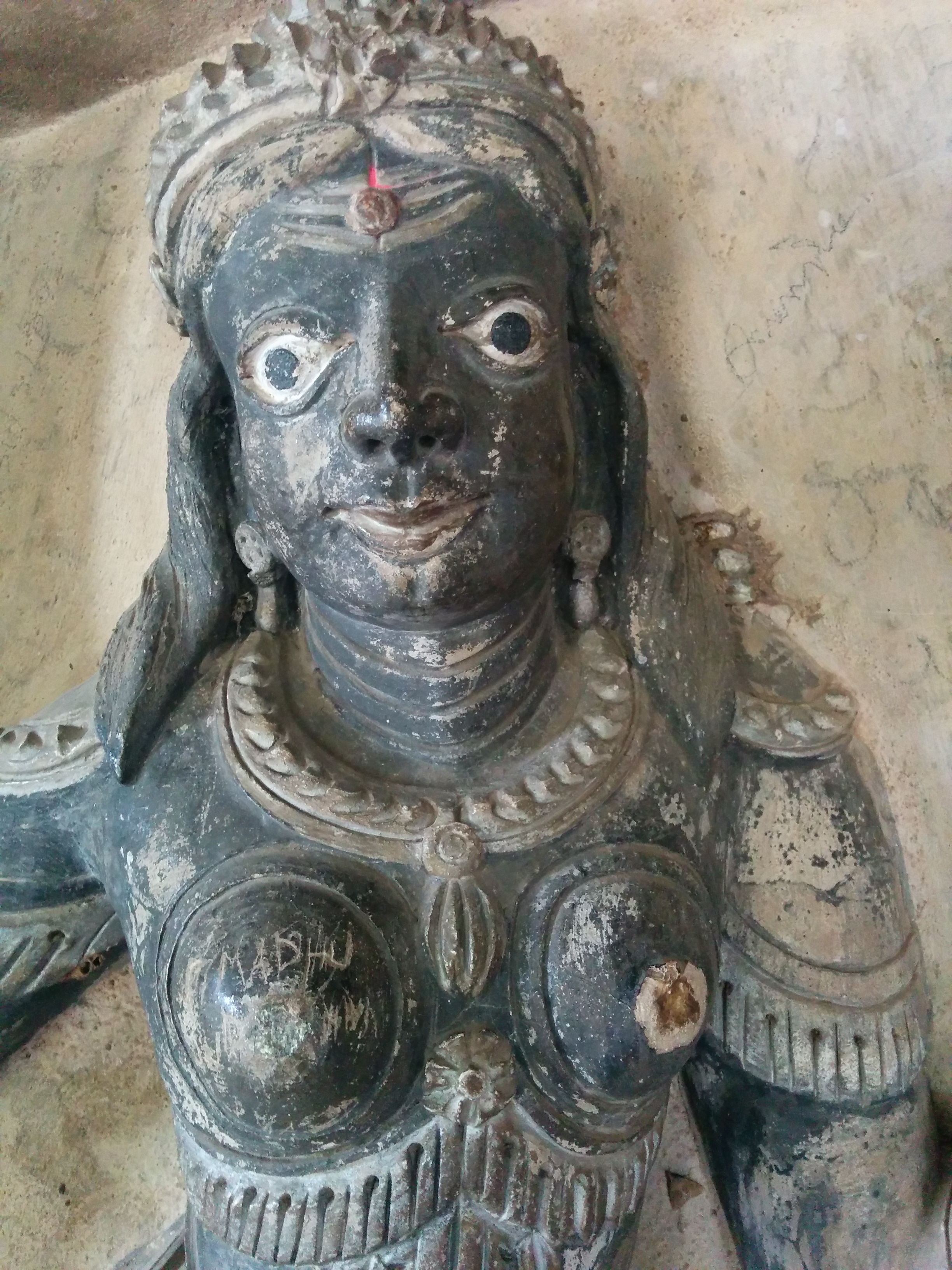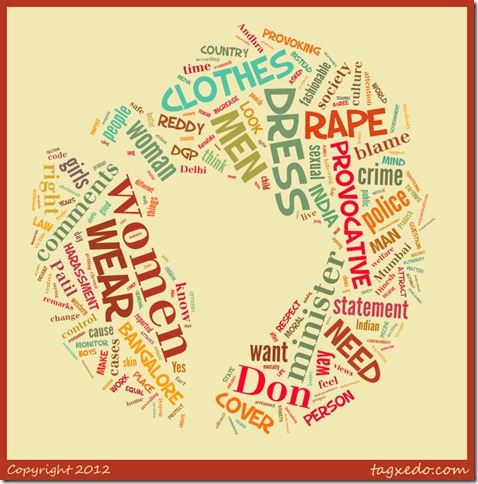Everything to do with a woman’s breasts is taboo in our society, even though most of us have drunk milk from our mother’s breasts for the first year of our lives. The word ‘breast’ itself is a bleep on Indian television and cleavage mostly is blurred.
I had attended a theatre workshop some years back, women only, where the lady conducting it asked all of us to hide our body part which represented the word ‘shame’. All of us, Indian, speaking different languages, put hands across our breasts.
Like with all things, the ones that are most shameful or taboo are also the most attractive, desired in pornography, in Bollywood films and giggle-worthy MMSes in our Parliament. Breasts have become a complex symbol that combines both our sexuality and shame, something that we desire highly (both men and women) and at the same time are shamed by.

This brings us to the first story I have for you, a hair-raising story of shaming breasts that I read thanks to an artist who shared something recently on Facebook. It’s the story of Nangeli, a dalit woman who lived in early 19th century in Cherthala. And unlike the stories I retell, this one is based in history and not myth, or in oral history as is the case with most past things one hears. In 19th century, the kings of Travancore had a breast tax on dalit women, called mulakkaram, which was to be paid by dalit women so that they could cover their breasts. The bigger the size of their breasts, the more the tax was to cover them up. Upper caste women could cover their bodies, without needing to pay any money to the state.


